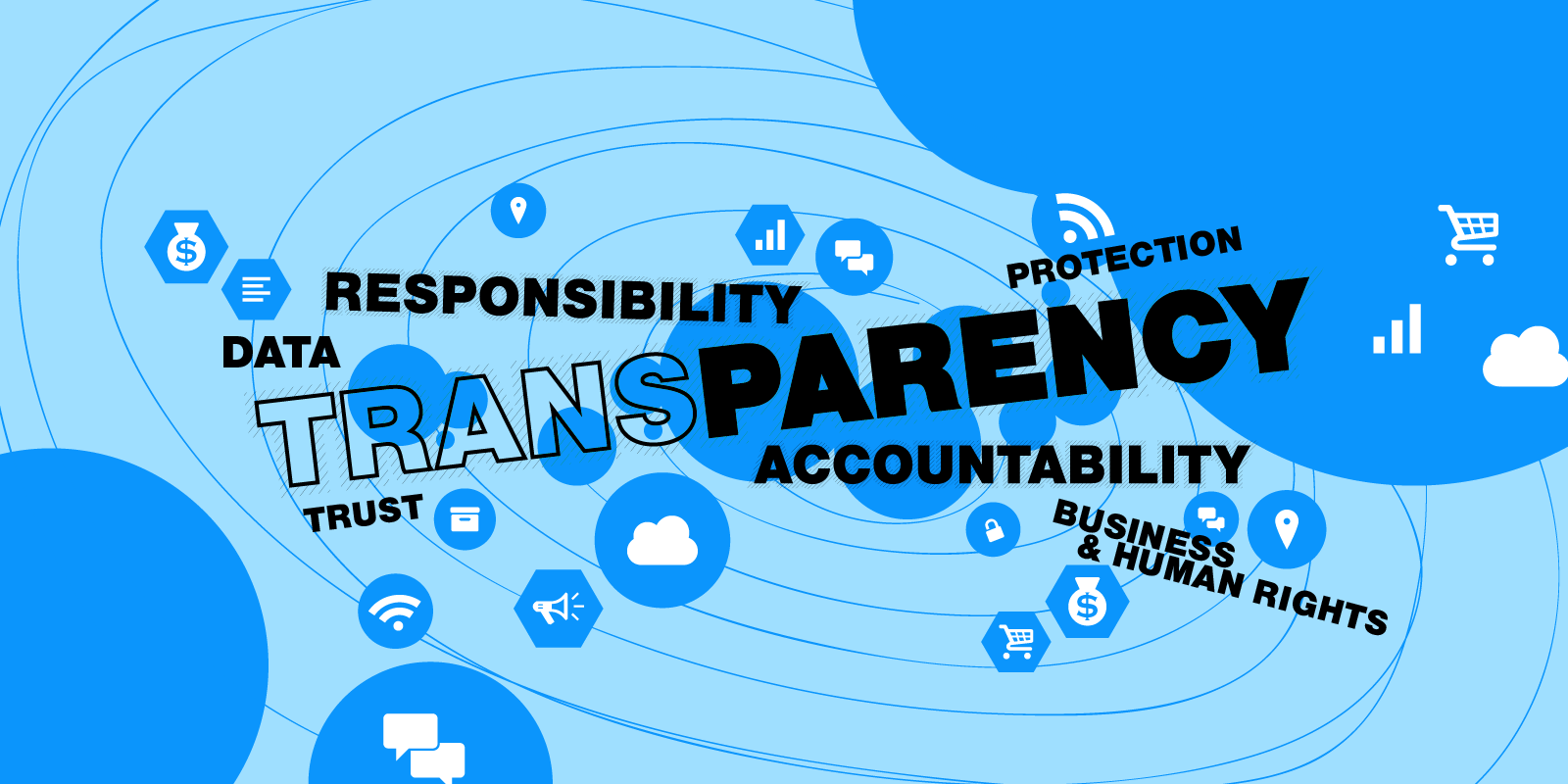Access Now and a coalition of civil society organizations are sounding the alarm over safety and security issues plaguing popular messaging app, Telegram. Through an open letter directed to Pavel Durov, CEO and Co-Founder, the coalition lays out in black and white what the growing tech company can do to ensure the rights of over 500 million people who use the platform — many of whom are human rights activists, bloggers, and journalists — are prioritized.
“Telegram is the go-to platform for changemakers,” said Anastasiya Zhyrmont, Regional Outreach Coordinator (Eastern Europe and Central Asia) at Access Now. “And with that monopoly, comes the responsibility to ensure human rights are central to the platform’s policies. And we’ve let the company know how to achieve this moving forward.”
While Telegram protects voices that governments seek to silence, and offers a space for dissenters to organize in places such as Russia, Iran, Belarus, and Hong Kong, challenges remain around the reliability and verification of information, digital security, and content moderation.
“Pavel Durov, Telegram’s CEO and Co-Founder, needs to put his money where his mouth is, and invest in human rights across the board,” said Natalia Krapiva, Tech-Legal Counsel at Access Now. “For too long, the company has been resting on its reputation, rather than proactively working to improve technical and practical measures that will keep some of the world’s most at-risk people’s communication secure.”
Civil society and affected individuals have long been struggling in their efforts to remain safe and pursue accountability on the platform. Recommendations include:
- Designing and implementing clear and transparent content governance framework and human rights and due diligence policies, as outlined in United Nations Guiding Principles on Human Rights (UNGPs) and OECD Guidelines;
- Ensuring workable channels of communication and remedy provision by establishing accessible mechanisms for clients to provide input and feedback about the companies’ actions, and appeal procedures to request and receive remedy for potential violations of their rights; and
- Implementing better safety and data security measures that are reflective of the company’s previous actions such as its refusal to cooperate with a Russian law that would hand encryption keys to authorities.
Read the full letter.
